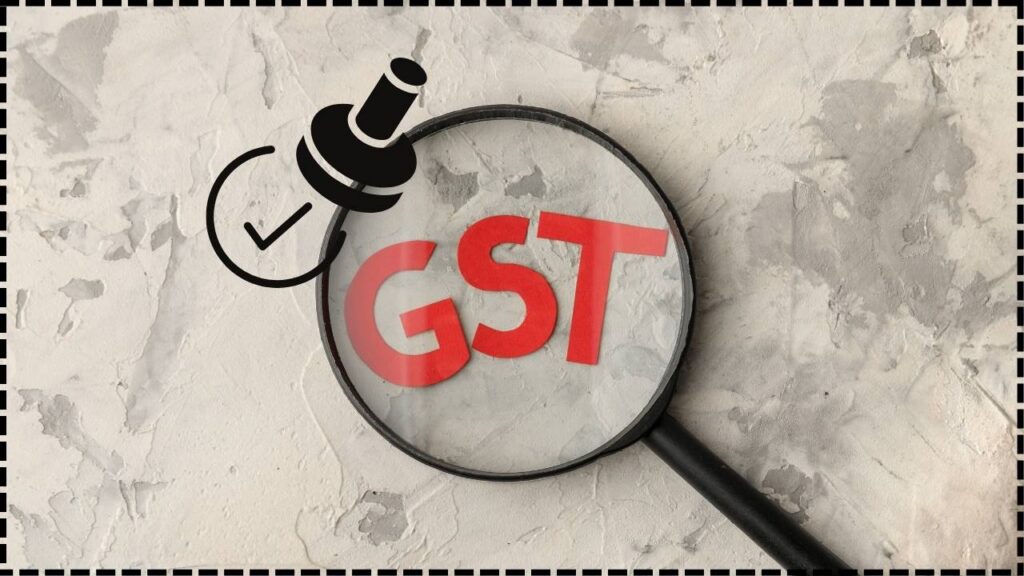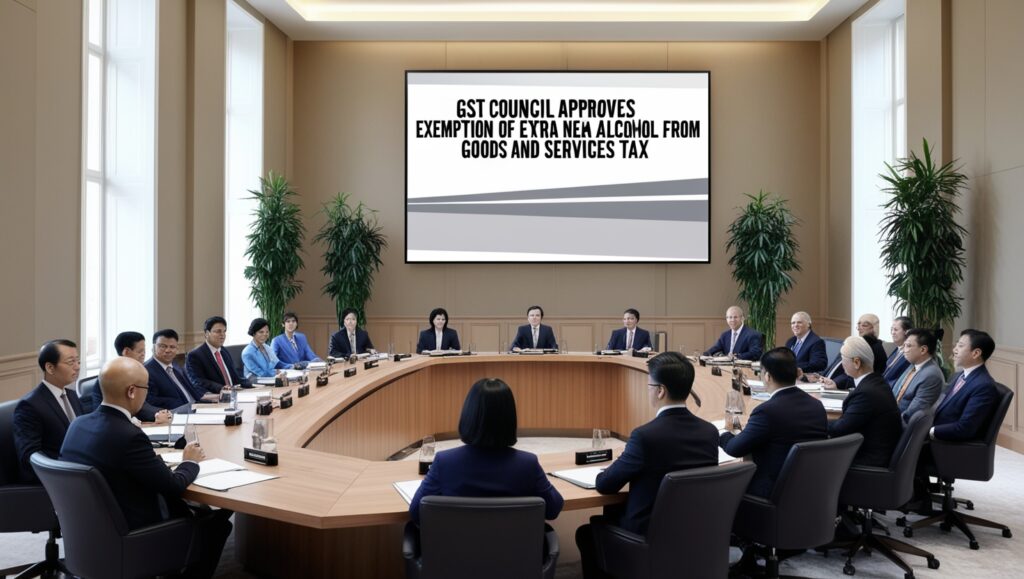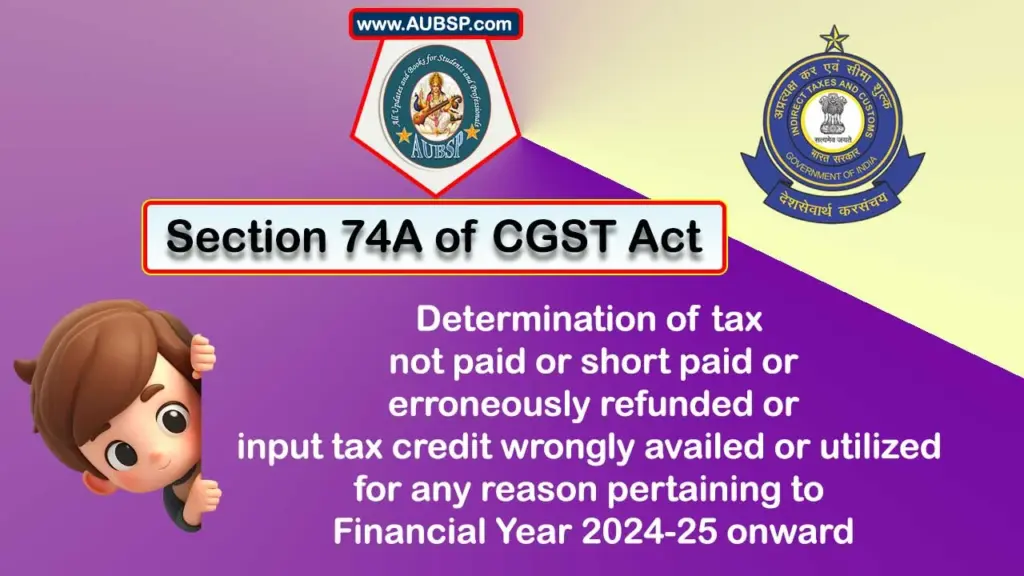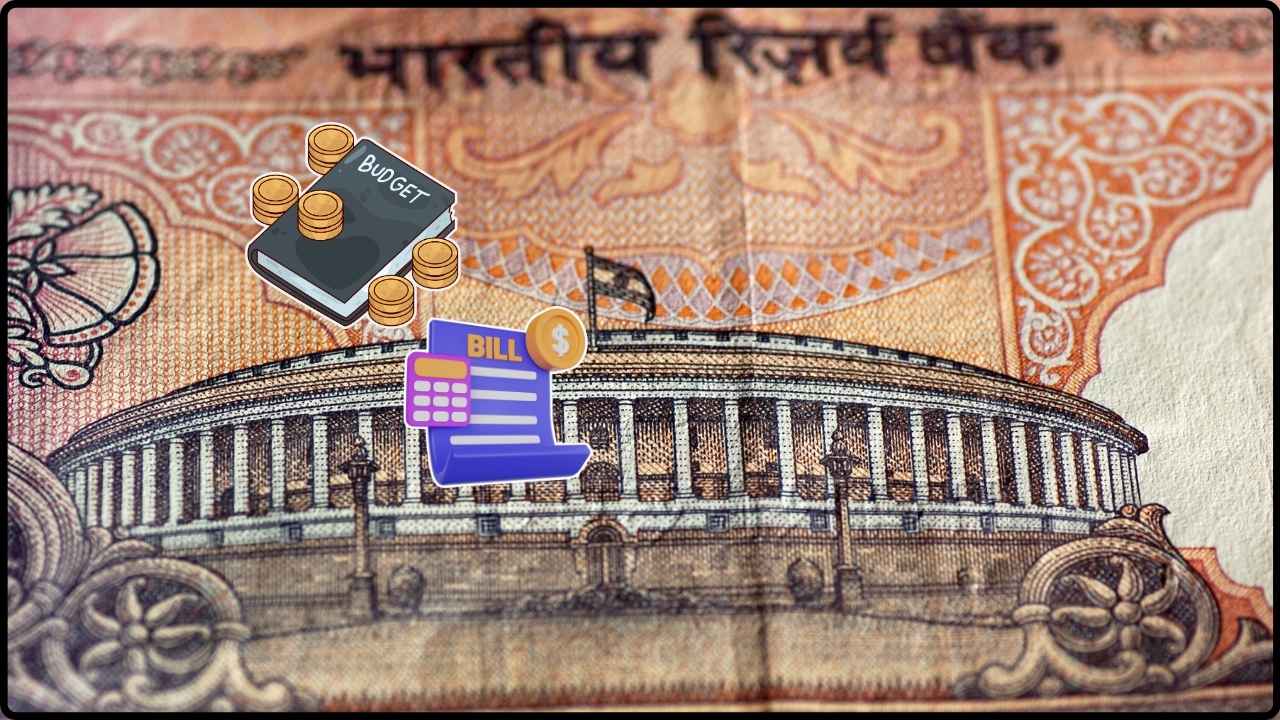
Cabinet Greenlights Major GST Act Amendments: The Indian Cabinet has recently approved a series of significant amendments to the Goods and Services Tax (GST) Act, signaling a major shift in the country’s tax landscape. These changes aim to simplify the tax structure, promote compliance, and boost economic activity. Whether you’re a business owner, a consumer, or just someone curious about tax policies, understanding these amendments can help you navigate this evolving environment with ease. This article dives into the key aspects of these amendments, highlighting what businesses and consumers can expect.
Cabinet Greenlights Major GST Act Amendments
In short, these GST Act Amendments are designed to create a simpler, more efficient system while addressing some of the challenges businesses face. While some sectors may face increased costs, others could see cost reductions and better compliance practices. Whether you’re a business owner looking to adjust your strategy or a consumer looking to understand the changes, staying informed is key. With these amendments, businesses can better manage their tax obligations, while consumers could see price changes on everything from craft beers to online gaming. Keep an eye on these developments, as they’ll affect how products are priced and how businesses operate in the coming years.
| Aspect | Detail | Impact |
|---|---|---|
| Key Changes | GST exemption on un-denatured alcohol, refund restrictions on exports, changes to appeal deposits. | Simplifies compliance, lowers costs. |
| Affected Industries | Alcohol producers, exporters, online gaming, bicycle manufacturers. | Varies by industry; some face higher costs. |
| GST Rate on Online Gaming | 28% GST on online gaming, casinos, and horse racing. | Increased operational costs for these sectors. |
| Refund Restrictions | No refunds for zero-rated exports if they incur export duties. | Impact on export pricing strategies. |
| Appeal Deposits | Reduced thresholds for filing appeals in CGST and IGST cases. | Greater access to legal recourse for SMEs. |
Context: Why GST Amendments Matter
For businesses operating in India, the Goods and Services Tax (GST) is one of the most critical frameworks governing their transactions. Since its inception in 2017, GST has made tax collection more transparent and efficient across the country. But like any system, it has its quirks. These recent GST Act Amendments are designed to streamline the process and address certain pain points.
These changes are particularly important for small and medium enterprises (SMEs) that often find themselves buried in paperwork or bogged down by complicated rules. But these changes also have significant implications for large businesses, exporters, and even consumers who rely on affordable products and services.
The Cabinet’s approval of these changes aims to make the system more business-friendly while ensuring better compliance across the board. Let’s break it down further and look at the impact these changes will have.
Understanding the Cabinet Greenlights Major GST Act Amendments in Detail
1. GST Exemption for Un-Denatured Alcohol

One of the significant amendments includes the removal of GST on un-denatured extra-neutral alcohol. This alcohol is commonly used in making beverages and other products. By exempting GST on this alcohol, the government is aiming to reduce the production cost for manufacturers.
For businesses, this is a win. Lower costs mean potentially lower prices for consumers. Alcohol manufacturers will no longer have to bear the tax burden on this key raw material, which should ideally lead to price reductions in the final product.
Example:
Imagine a local brewery that uses this alcohol to make craft beers. Before this GST Act Amendment, they had to pay GST on this alcohol, raising their overall production costs. With the new amendment, these costs will go down, and the brewery can either pass on the savings to consumers or pocket the difference as profit.
2. Refund Restrictions on Export Duties
Exports have been a critical part of India’s economy for years. Under the previous GST system, exporters could claim refunds on taxes paid for zero-rated exports. But the new amendment restricts this refund if the exported goods incur export duties.
This will impact businesses involved in international trade, especially exporters of goods subject to export duties. Essentially, businesses will face higher upfront costs, and this could force them to adjust pricing strategies for overseas markets. The biggest challenge here will be the cash flow for exporters, who might find it harder to claim back certain amounts of tax.
Example:
If a textile manufacturer exports fabric but must pay an export duty on their goods, they can no longer expect to receive a refund for taxes paid on materials that were used in production. As a result, the manufacturer might need to raise prices to absorb the added cost.
3. Online Gaming: 28% GST Impact
One of the more high-profile changes involves the 28% GST on online gaming, casinos, and horse racing. This hefty tax increase is likely to make a significant impact on both businesses and consumers. While it may raise revenue for the government, it could also increase the cost of participating in these activities for consumers.
This change affects both businesses operating online gaming platforms and the players who enjoy them. It’s anticipated that platforms might pass on the increased costs to players, who may have to pay more for their bets or gaming experiences.
Example:
A popular online gaming platform that lets users bet on virtual sports will now need to adjust its pricing to account for the additional 28% GST. This could result in higher entry fees or increased taxes on winnings.

4. Changes to Appeal Deposits
The new GST act amendments also introduce changes to the way appeals are handled under the GST Act. The threshold for filing an appeal has been reduced from ₹25 crore to ₹20 crore under the CGST Act and from ₹50 crore to ₹40 crore under the IGST Act.
This change is aimed at making the appeal process more accessible, particularly for small and medium businesses. Many SMEs may have been discouraged from filing appeals due to the high deposit requirements in the past. By lowering these thresholds, the government hopes to increase legal access and ensure businesses have a fair opportunity to contest tax issues.
Example:
A small business owner facing a tax dispute of ₹22 crore could not have filed an appeal earlier due to the ₹25 crore threshold. With the new amendment, this business can now contest the issue without worrying about the high deposit fee.
5. Section 74A: Error Notifications and Taxpayer Response
Another change introduced is the introduction of Section 74A, which mandates that taxpayers must respond to tax authority notices for amounts exceeding ₹1,000. This GST Act Amendment aims to promote accountability and ensure timely rectification of errors in tax payments.
This change is likely to improve compliance and reduce the number of disputes between businesses and the tax authorities. Businesses should be ready to quickly respond to any notifications to avoid penalties or interest on unpaid taxes.
Example:
If a retailer mistakenly underpays ₹1,500 in taxes, they’ll now receive a notice from the tax authorities. Under the old system, they may have ignored such notifications, but now they will be required to take immediate action to fix the mistake.

6. Impact on Bicycle Manufacturers
The government has also proposed a reduction in the GST rate on bicycles from 12% to 5%. This is a critical change for manufacturers and consumers alike. The move aims to make bicycles more affordable and encourage the use of eco-friendly transportation.
For businesses, this reduction in GST will lower the cost of production, making it easier to keep prices competitive. For consumers, this means lower prices on bicycles, which could boost sales in the sector and promote a greener alternative to traditional vehicles.
Example:
A bicycle manufacturer who previously had to absorb a 12% tax on production costs will now enjoy a reduction in the tax burden. This might allow them to offer bicycles at a lower price or pass savings to customers.
Say Goodbye to In-Person GST Hearings: ‘Faceless Adjudication’ System to Be Tested from Friday
MOF Pankaj Chaudhary Reveals 12% GST on Renewable Energy Devices—Is This a Step Forward or Backward?










